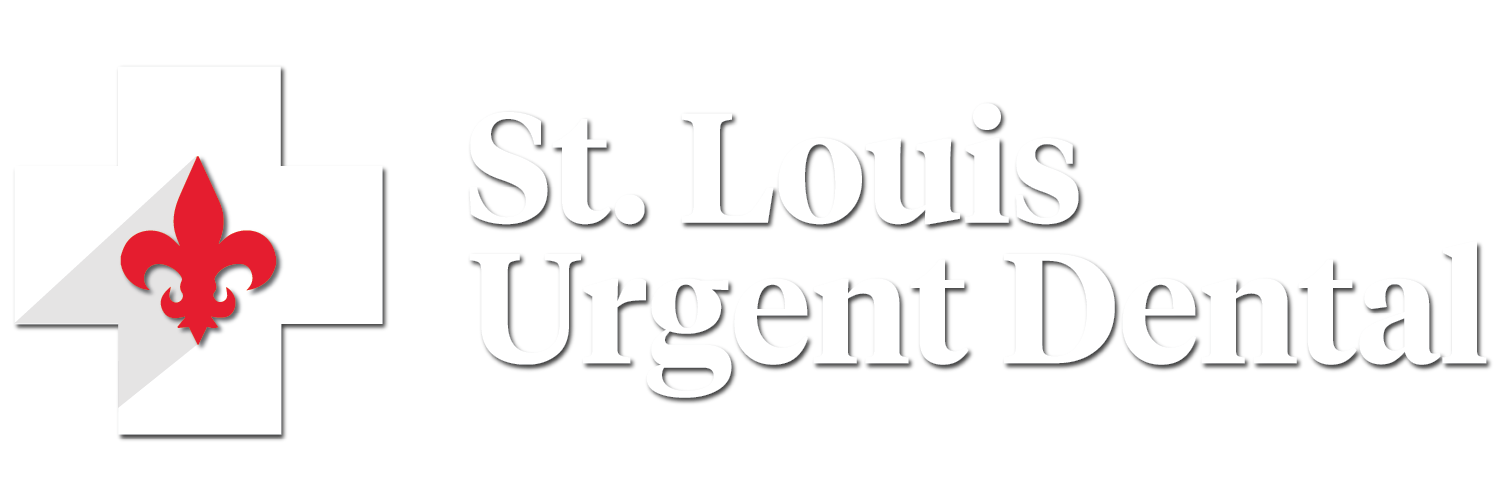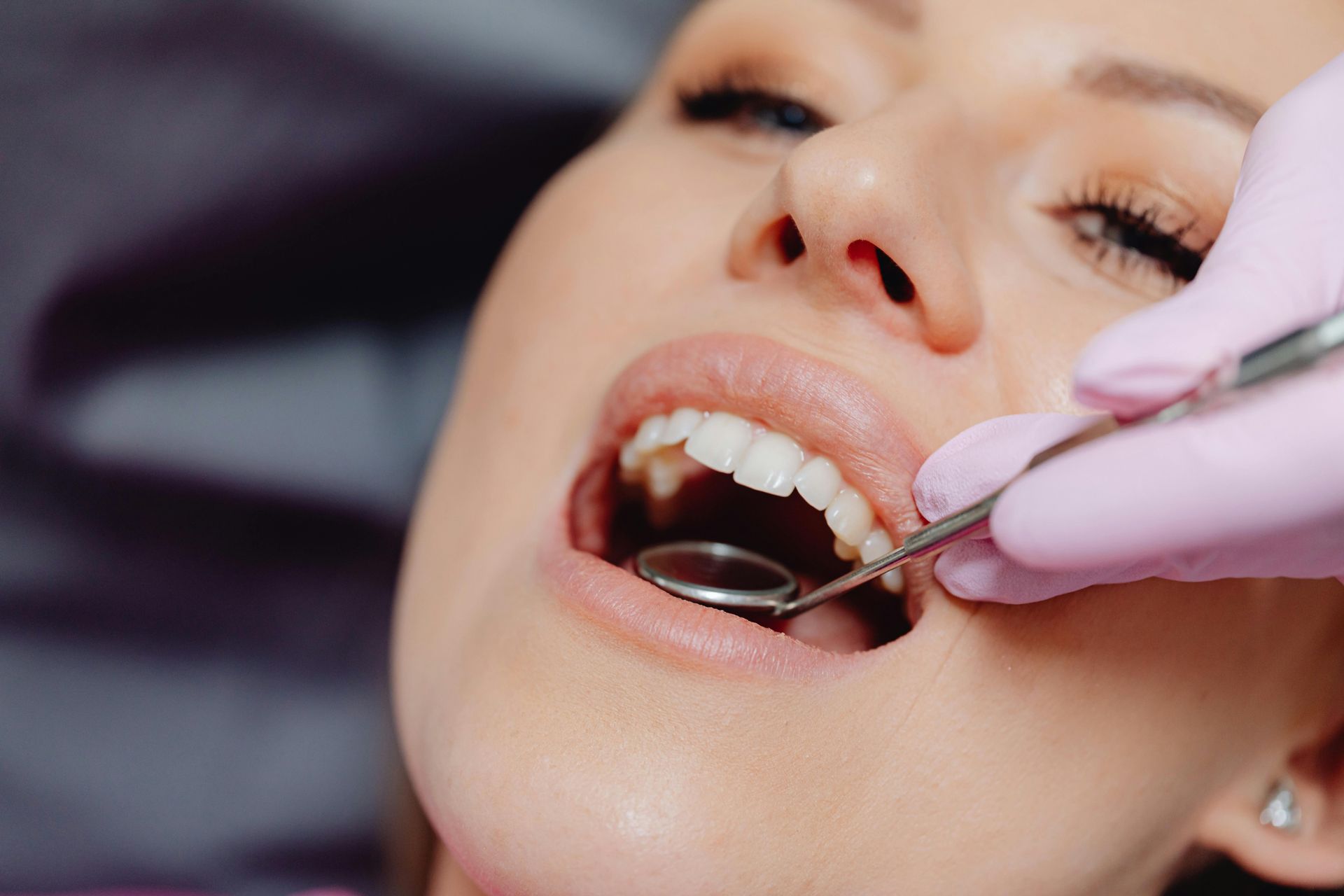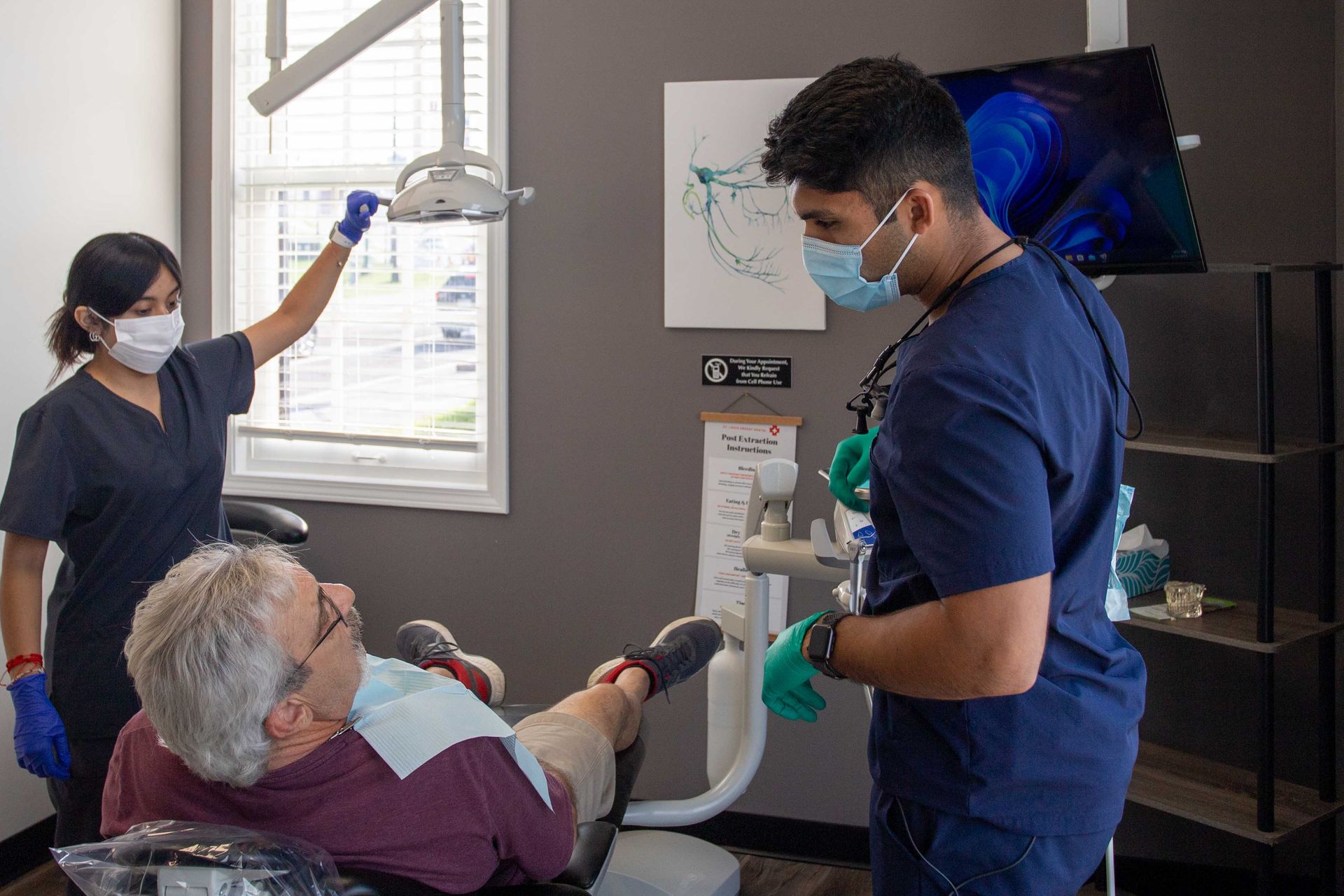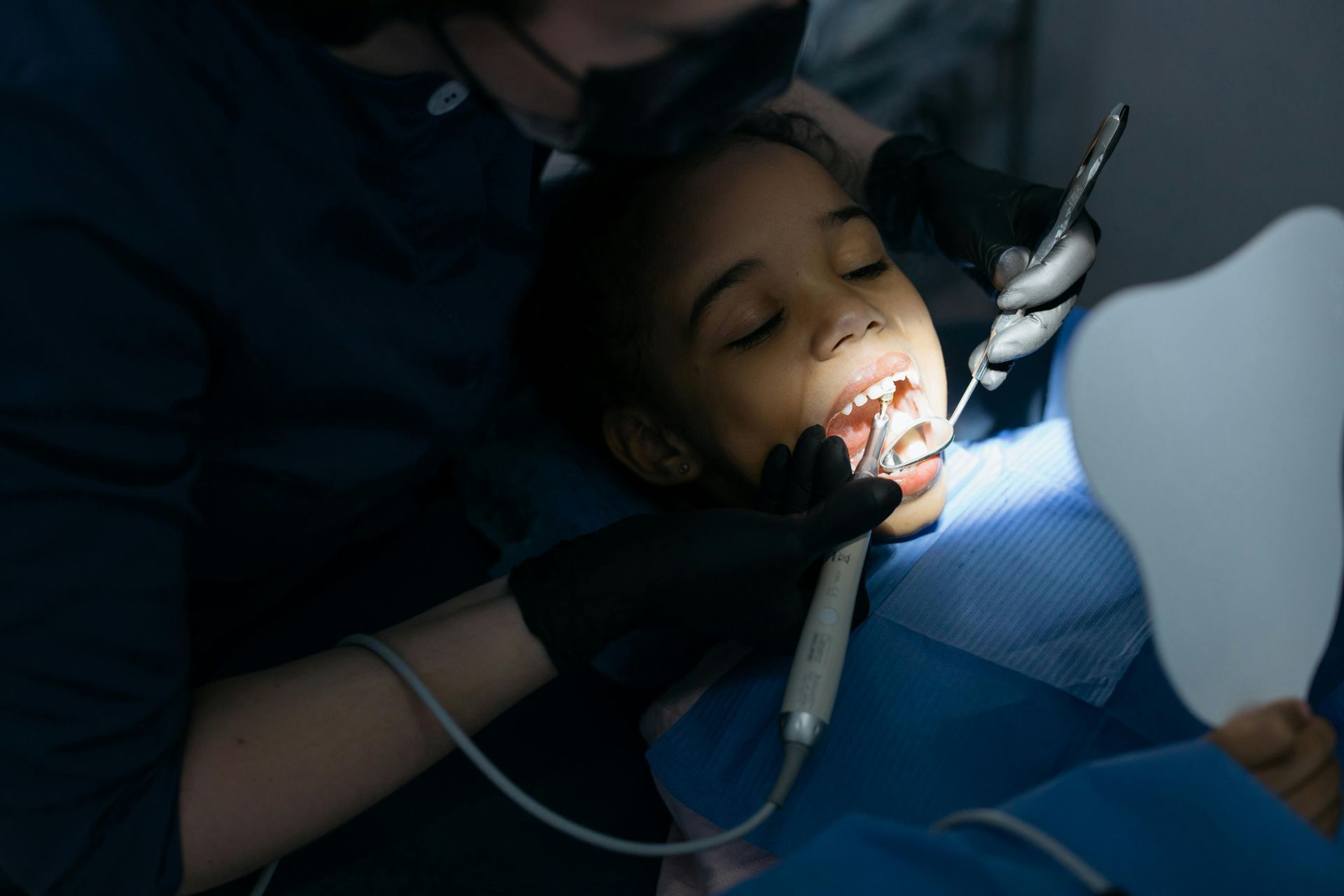Oral Hygiene Routines for the Whole Family
A radiant smile is a family's best accessory, and maintaining optimal oral health is a collective effort. Let's explore the essential elements of a comprehensive family oral hygiene routine, covering aspects like flossing, brushing, regular checkups, and more. By tailoring these practices to different age groups, we aim to empower families to build habits that promote healthy smiles for a lifetime.
Flossing Once a Day
Flossing is a crucial but often overlooked step in oral hygiene. For kids, start with floss sticks or gentle floss to make it a fun and manageable activity. As teens gain independence, emphasize the importance of flossing in preventing cavities and gum disease. Adults should commit to daily flossing, using traditional floss or dental picks. Seniors dealing with potential arthritis may benefit from floss holders for easier maneuvering.
Brushing at Least Twice a Day
Proper brushing techniques are fundamental for maintaining healthy teeth and gums. For kids, introduce a toothbrush with soft bristles and a fun design to make brushing enjoyable. As teens transition to adulthood, encourage them to switch to adult-sized brushes and stress the importance of thorough cleaning. Adults should consider electric toothbrushes for optimal results, while seniors may opt for brushes with gentle bristles to accommodate potential gum sensitivity.
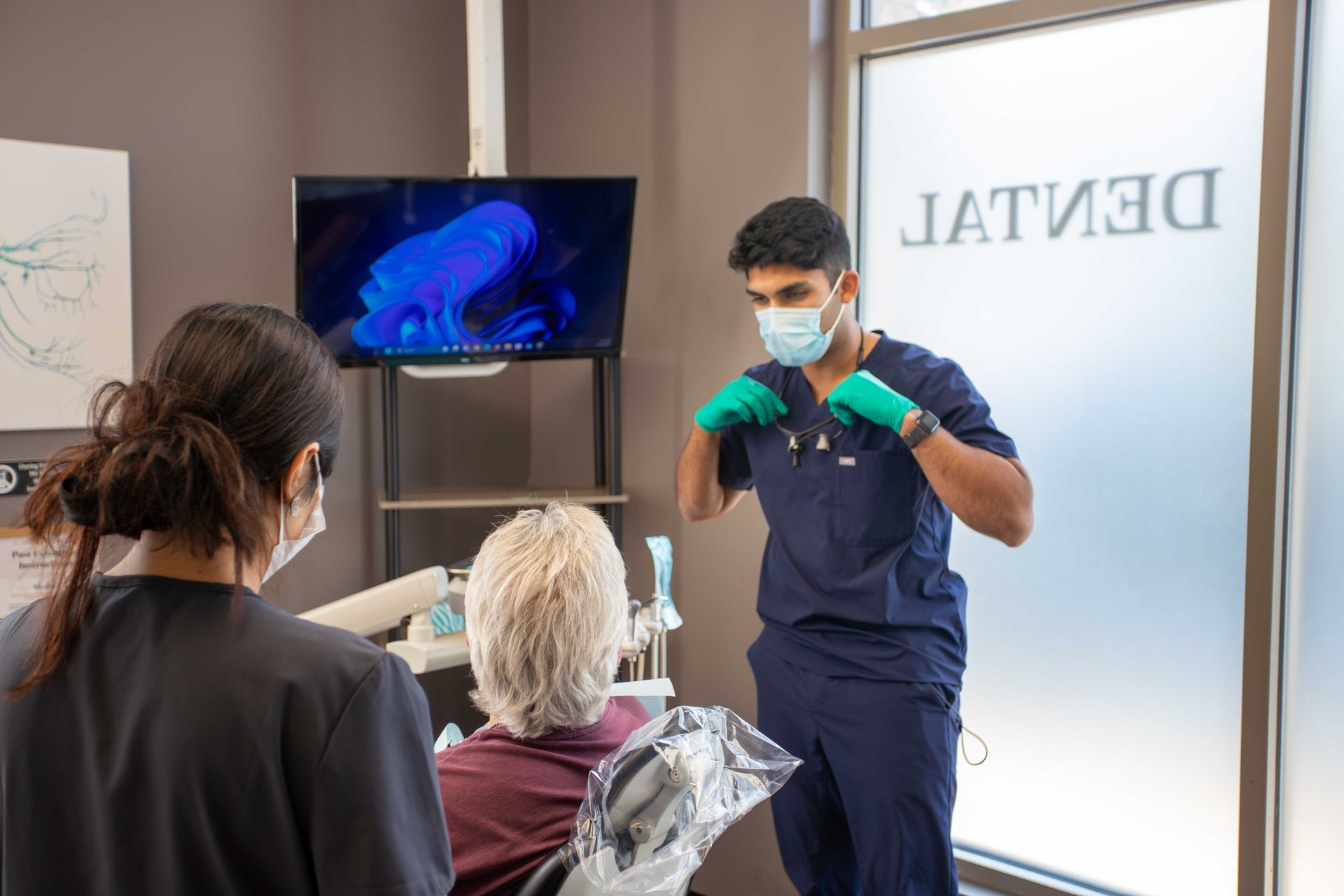
Regular Checkups
Routine dental checkups are the cornerstone of preventive care. Early and regular checkups create a foundation for a lifetime of good oral health for kids. Teens should schedule regular visits to monitor their progress, especially those undergoing orthodontic treatment. Adults benefit from preventive measures, catching potential issues before they escalate. Seniors facing age-related oral health challenges should maintain regular checkups to address concerns promptly.
Hydration
Hydration is vital for overall health, including oral health. Encourage kids to see water as a fun and refreshing beverage choice. Teens involved in sports should be aware of the impact of sports drinks on their teeth and balance their hydration accordingly. Adults should maintain a consistent water intake for overall well-being. Often on medications that may cause dry mouth, senior citizens should diligently stay hydrated to alleviate potential oral health issues.
Diet
Nutrition plays a significant role in maintaining healthy teeth and gums. Parents should consider limiting sugary snacks and promoting healthy alternatives like fruits and vegetables for kids. Teens, known for their love of junk food, benefit from understanding the link between their diet and oral health. Adults should also maintain a balanced diet for overall health, while seniors should be mindful of their nutritional needs, ensuring they support aging teeth and gums.
Mouth Rinse (As Recommended)
Mouth rinses can be beneficial in maintaining oral health. For kids, opt for alcohol-free and child-friendly rinses. Teens can use fluoride rinses to prevent cavities. Adults should consider mouth rinses addressing specific oral health concerns. Seniors with potential dry mouth may benefit from rinses to alleviate this issue. Check with your regular dentist to see if they recommend a mouth rinse, and if so, which kind.
Tongue Scraping (As Recommended)
Tongue scraping is a simple yet effective practice for maintaining fresh breath. However, the American Dental Association says that while tongue scraping can help lessen bad breath, it is not necessary for an oral hygiene routine and is more of a personal preference. Kids can be introduced to gentle tongue scraping as part of their routine. Teens concerned about bad breath should incorporate tongue scraping into their daily habits. Adults can make tongue scraping a regular part of their oral hygiene routine, and seniors, who may experience sensitivity, should approach it with care.
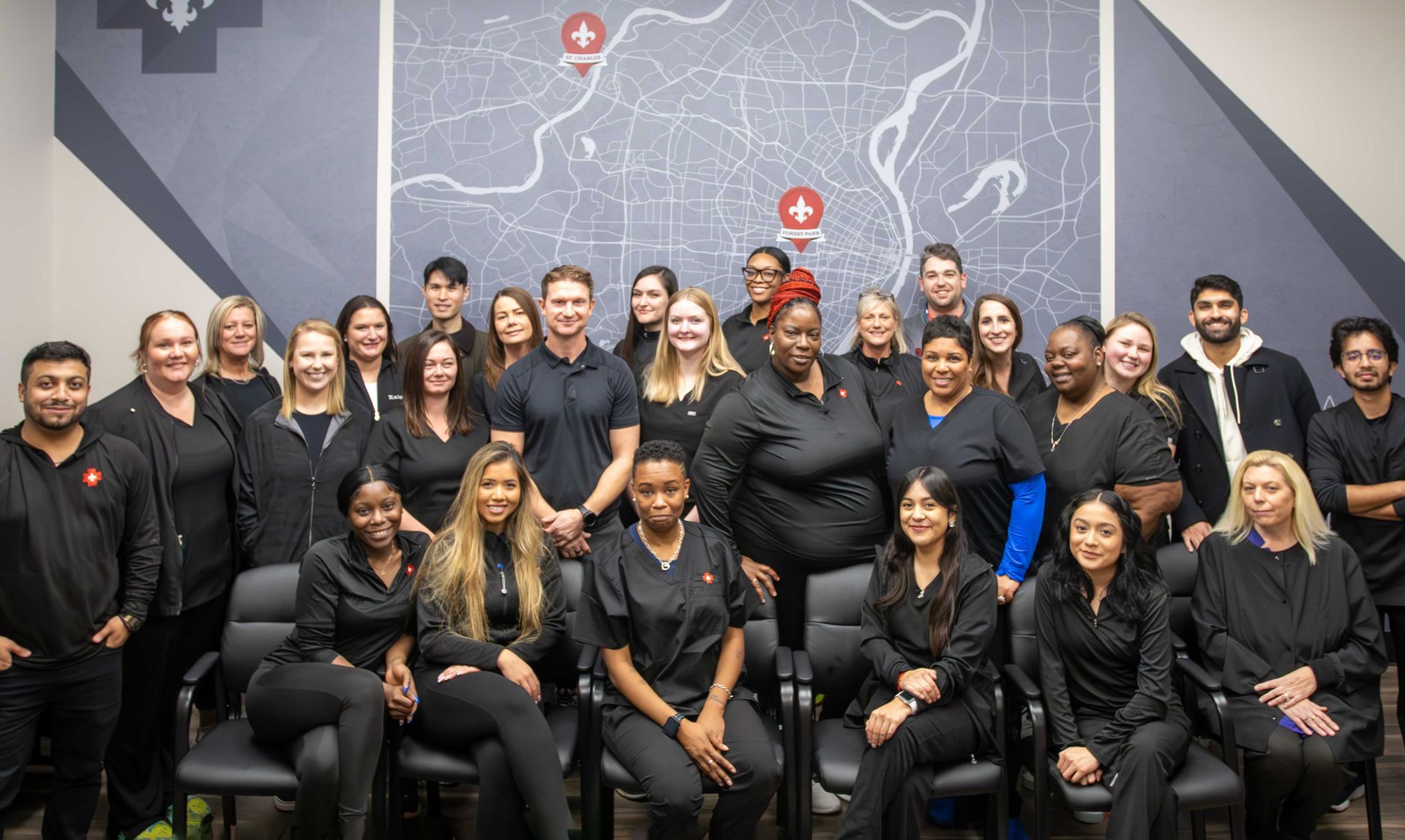
Call St. Louis Urgent Dental
A healthy smile is a shared goal for families, and building a robust oral hygiene routine is the key. By customizing practices for different age groups, families can ensure that everyone plays a role in maintaining optimal oral health. Committing to these habits as a family will strengthen oral health and foster a sense of shared responsibility and well-being. Remember, a healthy smile is a happy smile for the entire family.
Our St. Louis Urgent Dental team is here to help with your urgent, after-hours dental needs! We are open seven days a week (until 9 pm on M-F). We are ready to help with dental emergencies, including root canals, crowns, socket grafting, extractions, implants, broken teeth, and more. We have our procedure pricing and other details here on our website. Schedule an appointment, and you'll be smiling again in no time!
Sources: Mayo Clinic, American Dental Association
